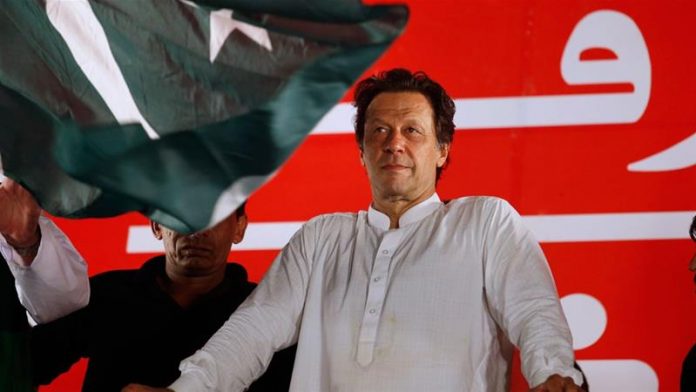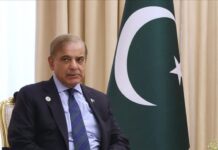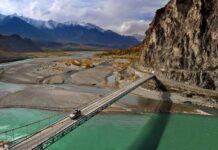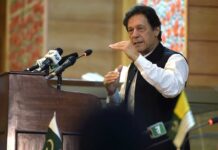
ISLAMABAD: Prime Minister Imran Khan has constituted three more cabinet committees with a focus on economic issues. All three deal with eminent economic affairs, and include CPEC, energy, and privatisation.
The Committee on CPEC (the China-Pakistan Economic Corridor) is meant to monitor implementation as well as reprioritising projects.
Announcing the forming of committees, the Cabinet Division named them: Cabinet Committee on CPEC (CCOCPEC), Cabinet Committee on Privatisation (CCOP) and Cabinet Committee on Energy (CCOE).
In a strategy shift, compared to the previous government, the finance minister is not the hub and fulcrum of every committee – giving other ministers a sense of responsibility and power. For instance, the CCOE is headed by the lead energy federal minister, the minister for petroleum Ghulam Sarwar Khan. To cap it, the PM has delegated authority to the ministers heading these committees.
At the same time, finance minister Asad Umar will chair the CCOP while the planning minister Khusro Bakhtiar will head the all-important CPEC committee.
For the uninitiated, the PM at the very outset had formed the cabinet committee for Economic Coordination, with the finance minister as its chairman.
The CPEC Committee:
The CPEC committee will have nine members, including federal ministers for foreign affairs, law and justice, finance, petroleum, railways, interior (minister of state), and the PM’s advisors on commerce, textile, industry, and investment with the cabinet secretary as ex-officio.
The mandate of the committee includes periodic review of all CPEC working groups; resolving inter-ministerial issues and overseeing timely completion of approved CPEC projects, and “to develop and implement an integrated approach for CPEC’s long-term plan with special focus on investment and industrial development”.
The committee will also approve the agenda for the CPEC Joint Cooperation Committee (JCC) – the main forum enjoying powers to include and exclude projects from the CPEC framework agreement. The last JCC meeting was held in 2017.
At the commencement of CPEC, China and Pakistan had prepared short and long-term programmes to implement the $60-billion pilot project of the Belt and Road Initiative of the Chinese president.
The original priority list comprised 14 energy projects having total electricity generation capacity of 10,400 megawatts.
“Sources in the planning ministry said the PTI government had decided to take a holistic view of CPEC projects and wanted to move away from coal-based power plants to clean energy projects”, reported a national daily.
The federal cabinet meeting also ordered the audit of mass transit projects initiated by the previous PML-N government including the $1.65-billion Orange Line Metro project, Lahore.
The new strategy evolved is that the finance and the planning ministries shall collaborate in ensuring that financially viable and economically sustainable CPEC projects were taken to the next stage.
The $2-billion Karachi Circular Railway and at least $8-$10 billion Mainline-I project of the Pakistan Railways were the two schemes that had faced serious problems.
CCOP, headed by the finance minister:
The seven-member CCOP is chaired by the finance minister, with the ministers for law, planning, privatisation (still vacant), and advisors to the PM on textile, institutional reforms and the cabinet secretary.
The committee will decide on the sale of government assets.
CCOE, with energy minister in-charge:
Clearly breaking away from the PML-N’s preference or central control, the new PM has named the petroleum minister as headof the six-member CCOE.
Other members are the ministers for finance, planning, railways, and advisor to the PM on textile as well as cabinet secretary.
The committee will oversee implementation of energy projects, especially the ones under CPEC. It will also identify the obstacles in on-time completion and remove the irritants so that all projects are completed in time.
The CCOE has also been entrusted with the task of identifying flaws and deficiencies in the prevailing legal and institutional framework involving the energy sector.






